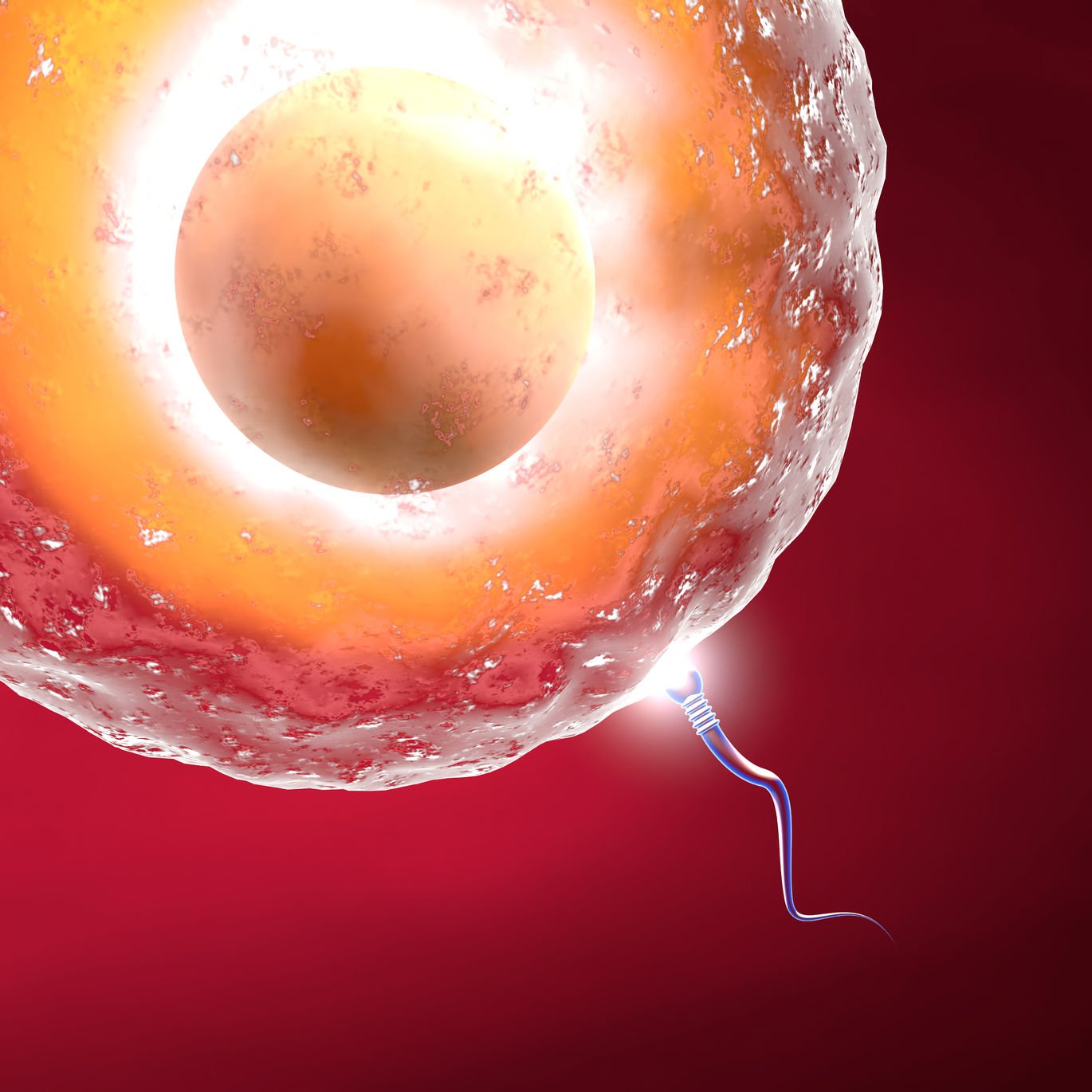Endometriosis can be explained by MTHFR mutations.
On the one hand, polymorphisms of MTHFR induces oxidative stress through the increased homocysteine level (Guo, 2016).
On the other hand, the oxidative stress is implicated in the pathophysiology of endometriosis by causing a general inflammatory response in the peritoneal cavity (Augoulea, 2009) and therefore impairs the fertility of the female patients.
To our knowledge, these preliminary results are the first in the literature showing the role played by MTHFR in the endometriosis genesis of infertile patients.
Therefore, by improving the methylation and decreasing the oxidative stress of the endometriosis patients, treating MTHFR mutation carriers improves the quality of the gametes and their ART (Assisted Reproductive Technologies) outcomes.






